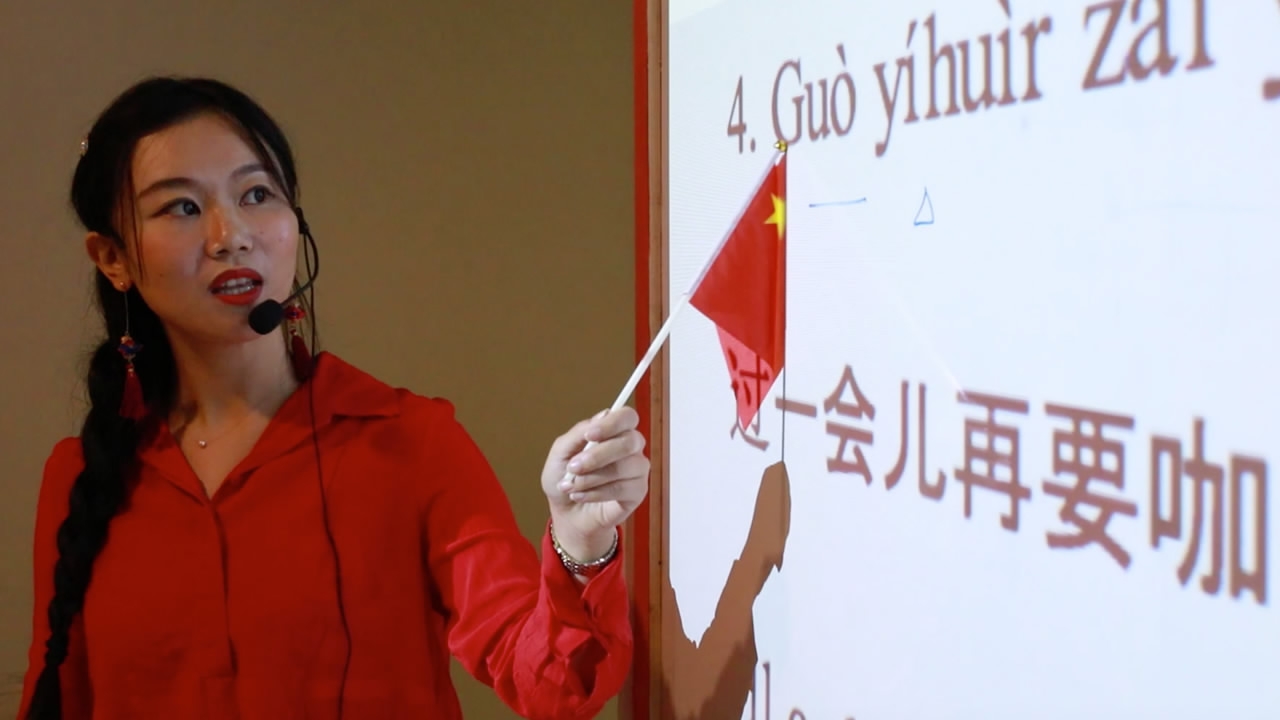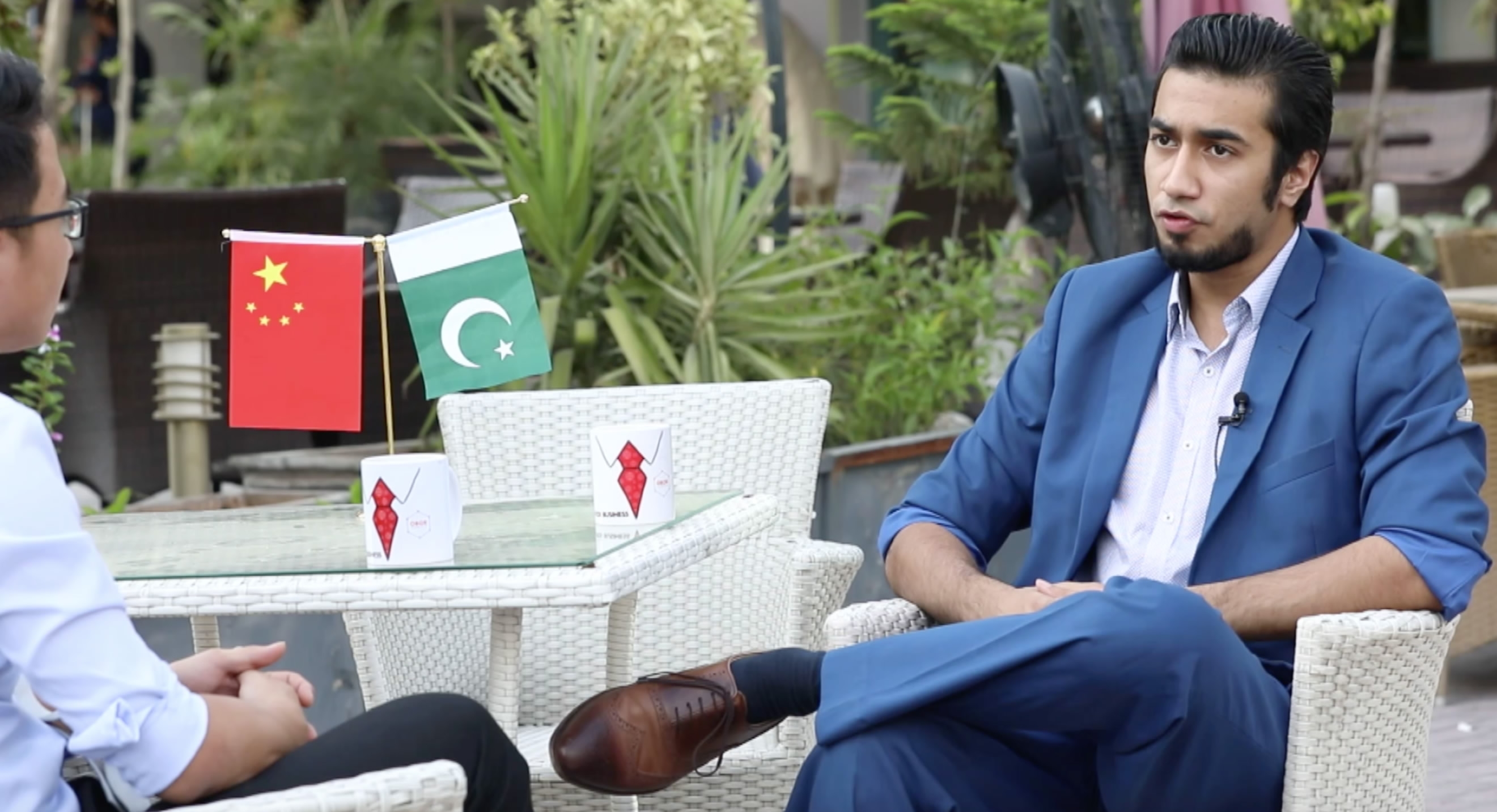
Business
18:15, 21-Nov-2017
Faces of Belt & Road: Pakistan gripped by Mandarin fever
By Ge Yunfei

Wang Shengyi is a 29-year-old Chinese who has been teaching in Pakistan for three months. She comes from Xi’an in central China, where the world-famous ancient Silk Road started.
“I came to Pakistan to fulfill my dream of volunteering and be part of the Belt & Road Initiative,” Wang said.
Though the friendship between China and Pakistan can be traced back decades, learning Chinese is a new fashion in Pakistan that has largely been generated by the Belt & Road project initiated by the Chinese government. Pakistan is part of this project through the China-Pakistan economic corridor.

Learning Chinese has become a new fashion in Pakistan. /CGTN Photo
Learning Chinese has become a new fashion in Pakistan. /CGTN Photo
The two nations have long been called all-weather friends but their economic relations are not as strong as the political ties. But under the Belt & Road infrastructure and trade initiative, Pakistani businessmen have found that great opportunities are unfolding before them.
Farhan Tahir is a Pakistani importer and exporter. He admitted that he wants to learn Mandarin because of the growing business opportunities with Chinese partners.
In Pakistan, many call the One Belt & One Road OBOR for short. A company providing the Chinese lessons named itself Obortunity, a combination of OBOR and opportunity.

CGTN's Ge Yunfei speaks with Usama Gondal, manager of Obortunity Consulting Company. /CGTN Photo
CGTN's Ge Yunfei speaks with Usama Gondal, manager of Obortunity Consulting Company. /CGTN Photo
According to the manager of Obortunity Consulting Company in Islamabad, Usama Gondal, 60,000 jobs have been created as part of the China-Pakistan economic corridor so far. He predicted that around two million to seven million will be added in Pakistan in the future.
Gondal joined the consulting firm two years ago after quitting his job at the UN. He said what's important, apart from building more infrastructure, is that young talents with higher education now have more chances to stay in Pakistan instead of going abroad.
Responding to the current market demand, Gondal said Obortunity is now quickly expanding in other cities like Karachi and Lahore, providing both business consulting and Chinese lessons for local communities.

SITEMAP
Copyright © 2018 CGTN. Beijing ICP prepared NO.16065310-3
Copyright © 2018 CGTN. Beijing ICP prepared NO.16065310-3